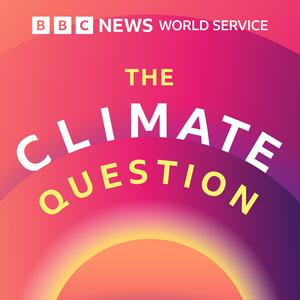Experts say we need to be 40 per cent more energy efficient to meet our climate goals. Is that doable? And might it save us money too?It's a solution that's been called the main route to net zero: energy efficiency - or using less energy to get the same or better results. But there’s an issue – it's got an image problem as many people think it’s boring. And it is hard to get excited about the idea of better lightbulbs!But energy efficiency could save us money on our bills too - especially in a warming world, where many countries will need air conditioning just to function. So does this crucial area in the fight against climate change need a rebrand. And could it even become sexy?In a programme first broadcast in 2024, Presenter Jordan Dunbar talks to:
Dr Rose Mutiso - Research Director Energy for Growth Hub
Prima Madan – Director, Cooling & Energy Efficiency, International Natural Resources Defence Council, India
Kofi Agyarko – Director of Renewable Energy and Energy Efficiency, Ghana Energy Commission
Thomas Naadi – BBC Correspondent, GhanaProduction Team: Ben Cooper, Octavia Woodward, Brenda Brown, Simon Watts
Sound Design: Tom Brignellemail:
[email protected]: The speech made by President Jimmy Carter mentioned in the programme, was made in 1977 not 1974, as stated.
